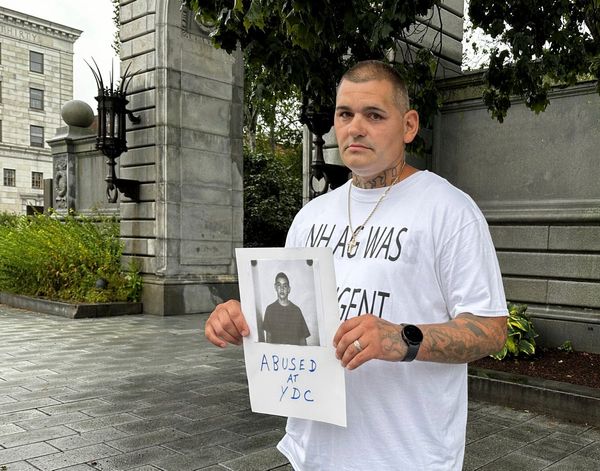Millions of households across the UK will be hit with an average £693 hike to their energy bills from this April as Ofgem raised the price cap to a record £1,971.
The price cap has risen by 54 per cent, which is more than many analysts had predicted.
The decision is likely to impact 22 million households and applies to those who are on their energy supplier’s default tariff.
With bills set to surge, the Standard looks at how you can save money on your energy bills.
What can my supplier do for me?
Justina Miltienyte, energy policy expert at Uswitch.com, says Britons should firstly check with their supplier which grants and schemes might be available to help cover bills. Many will offer grants to help you make your home more energy efficient or for boiler checks and other work.
Under Ofgem rules your supplier must work with you should you wish to agree a repayment plan.
You can ask them for a review of your payments and debt repayments, payment breaks or reductions, more time to pay, or access to hardship funds.
Under the rules, you can also ask for the priority service registration, a free support service if you are in a vulnerable situation.
Are there grants available from the Government?
The Government also offers grants under these conditions:
– Winter Fuel Payment: A £100 to £300 fuel payment for people born on or before October 5 1954.
– Cold Weather Payment: A £25 payment for every seven days of very cold weather between November and March.
– Warm Home Discount: A £140 discount for some people getting Pension Credit or some people in low-income households.
– Household Support Fund: A funding package to help vulnerable households this winter. Contact your local council for advice and help on accessing the fund.
Can I get help from charities?
The Citizens Advice consumer service can provide advice on how customers can resolve problems with their energy provider.
For complex or urgent cases, or if a person is vulnerable, they may then be referred on to the “extra help unit”.
The StepChange Debt Charity also provides support for those struggling financially.
Can I reduce by bills by changing my behaviour in my home?
Yes, there are a number of ways in which you can reduce your bills by taking some simple lifestyle steps.
Improving your insulation, upgrading your boiler and appliances, and installing solar panels or other renewable technologies will reduce your energy bill.
However, these are long term, and often costly solutions so looking at grant schemes available will be vital.
Simple things such as turning off the lights and appliances, doing laundry at 30C, bleeding radiators and having shorter showers can cut your energy usage in the home significantly. This will mean your energy bill will be much lower.
You can also use draft proofing strips on your windows, doors, floorboards and skirting to prevent heat getting out.
This will mean you can have your heating on a lower temperature for less time, and still be warm through winter.
Draught-proofing foam strips can also be used on your loft hatches and in a chimney or fireplace to block any gaps.
Should I buy a smart meter?
Experts also say that getting a smart meter is a great step to help reduce your bills.
Victoria Bacon, Director at Smart Energy GB, says a smart meter can function as a “helpful tool” for those who want to be in control of their bills.
She told the Express: “More people are actively using their smart meter and in-home display during this difficult time and many are feeling more in control of their energy use as a result.”
A smart meter keeps your bills accurate and will save you the hassle of sending your meter readings regularly. You should still check all your direct debit transactions to ensure they are correct.
Should I buy energy-efficient appliances?
If you are replacing any items in your house, try to choose energy-efficient versions. The easiest way to check this is looking at its EU energy efficiency rating.
You can also check specific appliances with Which?.
According to Which?, an energy-efficient tumble dryer can save you £106 per year, a fridge freezer can save £76 and a washing machine could save £55.
What is the Government doing to help households?
Chancellor Rishi Sunak said the Government will help people with the rising cost of energy in the same way it “stood behind the British people through the pandemic”.
Following Ofgem’s price cap rise announcement, he said every British household will receive an upfront £200 discount on their energy bill in October.
Alongside this, four in five households will be covered by a further £3.5 billion of relief provided by £150 council tax rebates for bands A to D.
According to the Independent Office for Budget Responsibility, seven per cent of households are unlikely to claim the payment because they don’t pay the local authority charge by direct debit.
The Government insists there are other ways the rebate can be paid to people including using Post Office vouchers or a credit against council tax liability for those who don’t wish to share bank details.







